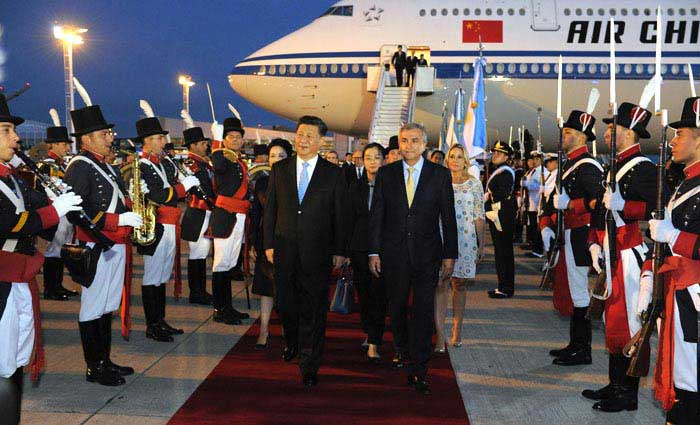Anyone who follows the financial markets must already be familiar with the story. Chinese stock markets had previously experienced a boom and the Shanghai Composite was standing at 5,178, when the market reached its peak on June 12. Overall in 2018, Chinese stock market had a loss in 2018 reducing bubble worries. Looking back before this drop the Shanghai index seemed to be continuously rising by more than 135% per year. From a fundamental point of view, the boom was almost incomprehensible. The markets were soaring even when the growth expectation from Chinese economy were vague, corporate profitability was squeezed, while the banks, which dominate the index, experienced a sharp rise in Nonperforming Loans (NPLs). Also during the same time period it was quite clear that the declining GDP growth of China was excessively reliant on the increasingly rapid credit growth. It was also evident that to have a control on credit growth, the GDP growth still had to drop.
The markets reached their peak in mid-June but the panic among the investors began somewhere in the first week of July. Actually July 7 is being referred by many as Black Tuesday of the Chinese market. By that time the Chinese market almost lost one third of its value. Beijing started to implement a series of measure since late June, in order to stop the decline. Ultimately it did not have its desired effects. By the first weekend of July, a complete sense of desperation was being experienced as the regulators did their best by taking exceptional measures in attempt to control the imminent fall.
The panic in the stock market seemed to end on July 9, when Shanghai markets closed up 5.8% on a single day. It was followed by considerable gains on the following Friday and Monday. Although the decline of 3.0 % on Tuesday had the hearts of the investors throbbing again and the nervousness also did not subside over the period of next three days as the markets rose with quite some drama. For now it can be safely said that the panic has finally ended, but with none of the fundamental questions resolved, volatility is still expected. It can also be observed that the markets still remain overvalued. However, there is little doubt in it that at least one more quite nasty bearish trend will take place.
The panic and policy responses have ignited a ferocious debate on the economic reforms of China and Beijing's capabilities regarding the cost of bearing the economic adjustment. Volatility is among this cost. Rebalancing of the economy and withdrawing of the state control over various aspect of the economy, especially the financial system will surely reduce the ability of Beijing to smoothly manage the economy over the short term, although it may be necessary for preventing a dangerous surge in the volatility over long term.
Although volatility is not the only thing to be considered but volatility can never be taken out of the equation. In one variable the volatility can be suppressed just by increasing the volatility in some other variable or by temporary suppression in exchange for more disruptive adjustment at some specific point in future.
When monetary volatility is being considered, for example, whether it is money supply and interest rate volatility or exchange rate volatility, the central banks can make the choice of controlling the later in exchange for greater volatility in the former and vice versa.
In other words, it can be said that the regulators never choose how much volatility will be permitted. Although they can choose any form of volatility which is least preferred by them and then try controlling it. It is always a political choice rather than an economic one. In short it is about deciding that which economic group will have to bear the cost of the volatility.
One way or another, it can be safely said that there is a huge amount of volatility in the Chinese economy. It is not only because of the fact that it is lower in the list of developing countries, which are always more volatile economically as compared to the advanced countries but also because of the fact that it is depending highly on investment for generating growth. It is argued by Hyman Minsky that the economies that are actually driven by the investment are highly volatile and quite susceptible to the changes in the sentiment. He is quite right.




